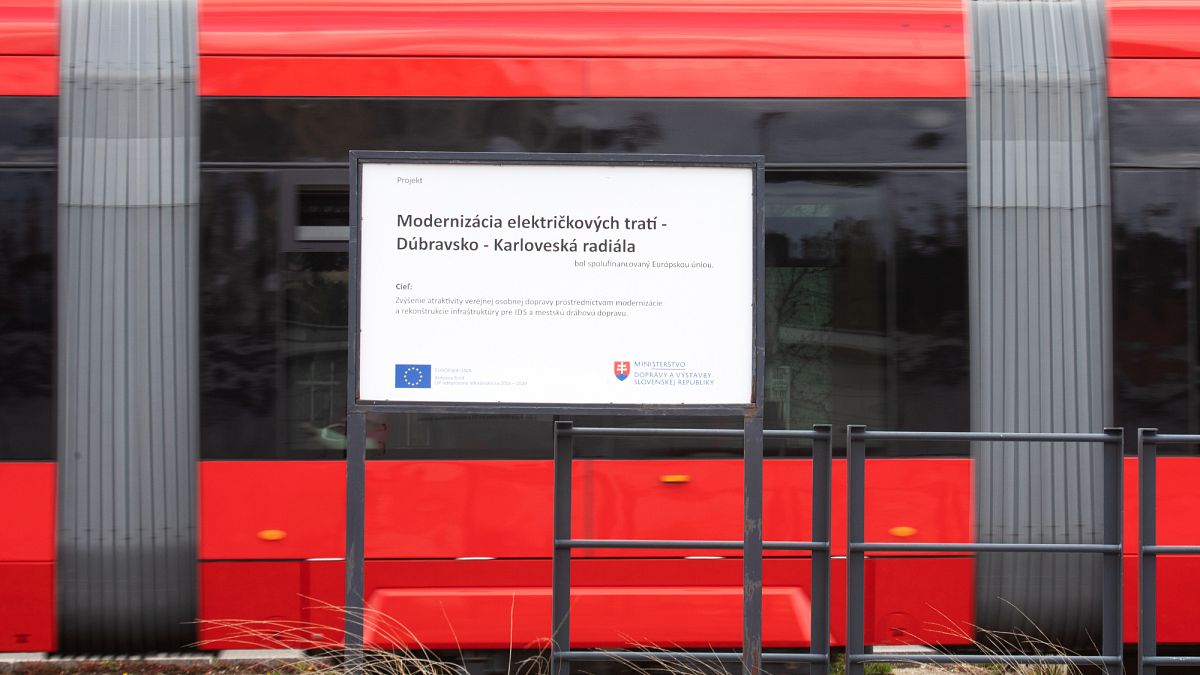

In a dynamic and evolving political landscape, the European Union’s proposed budget for the period of 2028 to 2034 has become a focal point of discussions across Europe. Central to these conversations is the impact on cohesion policy, a crucial component intended to reduce disparities between EU regions. The budget merges cohesion funding with other significant financial areas, prompting concerns about a potentially competitive environment akin to a ‘Hunger Games’ scenario, where regions might vie intensely for scarce resources.
The blending of funds risks diluting targeted support for disadvantaged regions, raising apprehensions about the loss of local autonomy in decision-making. These changes, while aiming to streamline financial management, also invite critical reflections on how best to balance collective economic goals with regional needs.
Within this context of evolving financial frameworks, Germany stands out with its perspective on the EU’s role and its economic priorities. German Chancellor Friedrich Merz has expressed stern criticism of the EU’s current policies. His statement underscores Germany’s commitment to prioritizing domestic economic recovery amid a challenging recession. With a focus on national interests, Merz argues for a strategic roadmap that aligns with Germany’s unique economic circumstances and challenges.
Meanwhile, fostering green connectivity initiatives, the new treaty between the UK and Germany marks progress towards the introduction of direct train services between London and Berlin. This endeavor represents a significant step in promoting sustainable travel options, providing a practical and environmentally friendly alternative to air travel for passengers seeking efficient cross-border transportation. The development embodies a strong commitment to reducing carbon footprints and enhancing rail infrastructure.
As the EU budget discussion widens, the soaring allocations towards border management remain under intense scrutiny. The prioritization of border management reflects a strategic focus within the EU’s migration budget, which has tripled, emphasizing efforts to control entry points. However, this shift in financial emphasis has drawn criticism from rights groups concerned about neglecting asylum and reception support systems. These organizations raise pressing questions about the humanitarian aspects involved, pointing to potential human rights considerations amidst stricter regulatory measures.
Completing the array of global interactions, Indian Prime Minister Narendra Modi’s anticipated visit to the UK marks a pivotal diplomatic engagement. Expected to sign a key trade agreement, this event represents Modi’s first visit to the UK in seven years, underlining the evolving partnership between the two nations. As both countries seek to expand trade ties, this visit underscores a collaborative spirit designed to boost economic opportunities and strengthen bilateral relations.
Across these intertwined narratives, the EU’s fiscal policies, Germany’s national priorities, sustainable infrastructural developments, migration management approaches, and international trade diplomacy illustrate the complex tapestry of European and global interconnections. As each piece unfolds, they collectively chart pathways that navigate between transformation, cooperation, and strategic foresight, reshaping the sectoral and geographical landscapes with nuanced sensitivity and vision.
Source: {link}
